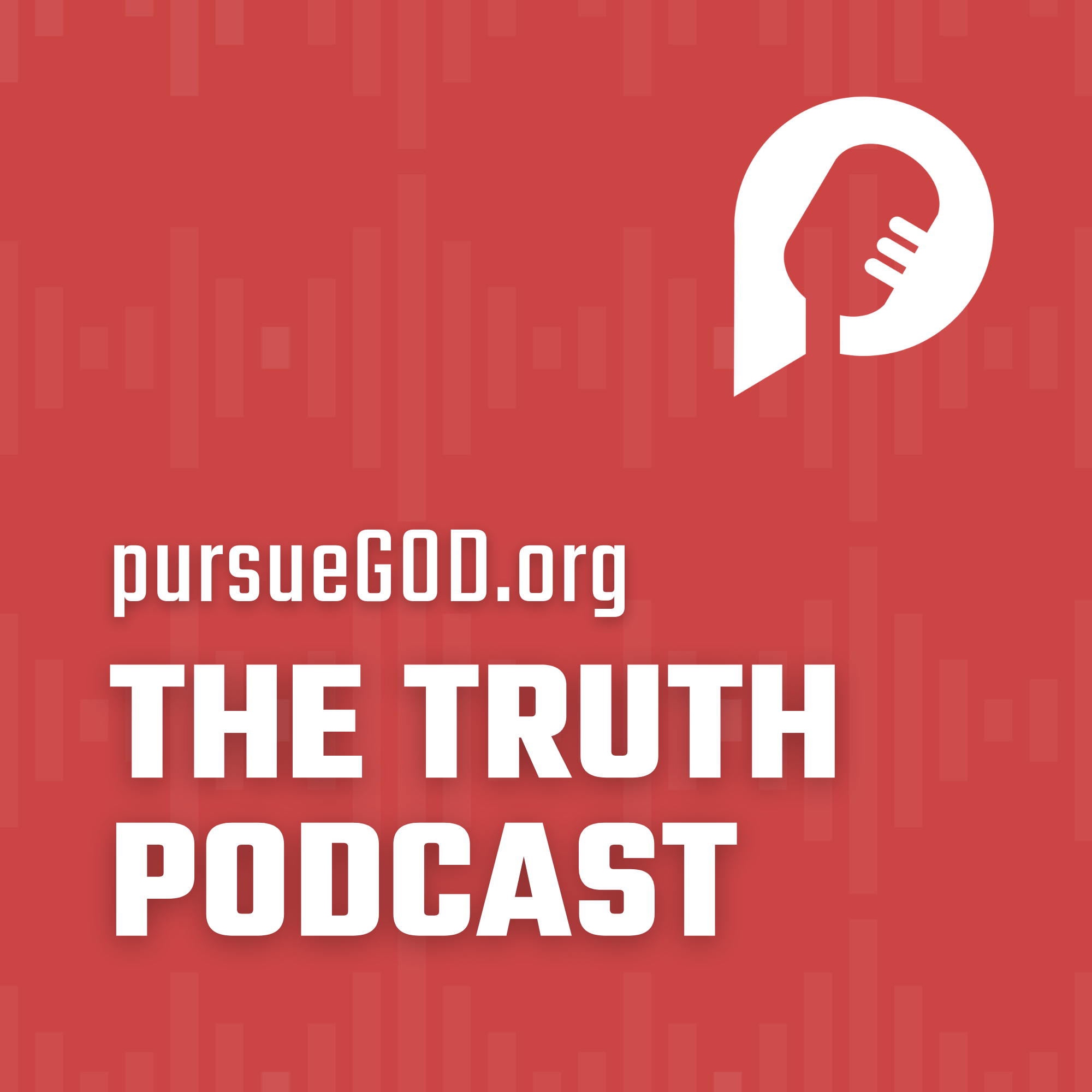- After-Shows
- Alternative
- Animals
- Animation
- Arts
- Astronomy
- Automotive
- Aviation
- Baseball
- Basketball
- Beauty
- Books
- Buddhism
- Business
- Careers
- Chemistry
- Christianity
- Climate
- Comedy
- Commentary
- Courses
- Crafts
- Cricket
- Cryptocurrency
- Culture
- Daily
- Design
- Documentary
- Drama
- Earth
- Education
- Entertainment
- Entrepreneurship
- Family
- Fantasy
- Fashion
- Fiction
- Film
- Fitness
- Food
- Football
- Games
- Garden
- Golf
- Government
- Health
- Hinduism
- History
- Hobbies
- Hockey
- Home
- How-To
- Improv
- Interviews
- Investing
- Islam
- Journals
- Judaism
- Kids
- Language
- Learning
- Leisure
- Life
- Management
- Manga
- Marketing
- Mathematics
- Medicine
- Mental
- Music
- Natural
- Nature
- News
- Non-Profit
- Nutrition
- Parenting
- Performing
- Personal
- Pets
- Philosophy
- Physics
- Places
- Politics
- Relationships
- Religion
- Reviews
- Role-Playing
- Rugby
- Running
- Science
- Self-Improvement
- Sexuality
- Soccer
- Social
- Society
- Spirituality
- Sports
- Stand-Up
- Stories
- Swimming
- TV
- Tabletop
- Technology
- Tennis
- Travel
- True Crime
- Episode-Games
- Visual
- Volleyball
- Weather
- Wilderness
- Wrestling
- Other
Shema 1: "Listen"
Mark 12:28-29 One of the teachers of religious law was standing there listening to the debate. He realized that Jesus had answered well, so he asked, “Of all the commandments, which is the most important?” Jesus replied, “The most important commandment is this: ‘Listen, O Israel! The Lord our God is the one and only Lord.<br/>In answer to that question, Jesus did not quote from the Ten Commandments. He quoted from an ancient Jewish prayer called the Shema. It’s found in Deuteronomy 6, when Moses was preparing the Israelites to enter the land God promised them. This prayer has been prayed by Jewish believers for centuries every morning and evening. It had a role kind of like the Pledge of Allegiance in American schools.It’s a prayer that declares one’s devotion to God. It demonstrates the character of God, and shows us how to respond to God, and how to maintain an intimate relationship with him. In this 6-part series, each week we will highlight a specific word in the prayer.The profound importance of this prayer is demonstrated for Christians who are not Jewish by the fact that Jesus made reference to it. So let’s take a look at this ancient prayer called the Shema:Deuteronomy 6:4-5 Listen, O Israel! The Lord is our God, the Lord alone. And you must love the Lord your God with all your heart, all your soul, and all your strength.<br/>Different translations render it a bit differently: “Hear, O Israel: The Lord our God, the Lord is one.” But the idea is the same.The prayer gets its name from the first word: the Hebrew word “Shema”, which means to listen or hear. So what does this word mean? There’s much more to it than just sound entering your ears.To Listen Means to Pay Close AttentionThe first way the word Shema is used in the Bible: it means to really pay attention. It’s the difference between merely hearing and intently listening: the way God listens to his people. This is illustrated in the story of Leah, in Genesis. Jacob: descendant of Abraham. Had 2 wives. They were sisters: one he loved deeply; the other he sort of tolerated. He was tricked into marrying her by her father. In her pain / suffering, Leah prayed for sons to be born to her. She hoped this would cause Jacob to love her. When her second son was born, she gave thanks to God.Genesis 29:33 She soon became pregnant again and gave birth to another son. She named him Simeon,* for she said, “The Lord heard that I was unloved and has given me another son.”<br/>Leah named her son Simeon (Shim’on). The name means “the one who hears.” God paid attention to her request, and to her plight in life. She cried out to God and he heard her / helped her. Her son would always be a reminder that God was truly listening. God pays attention to his people. We have the privilege of crying out to God in our troubles. How comforting to know! To Listen Means to Act on a RequestBut “shema” means more. It also means to act on a request. This is the kind of listening we want God to do when we pray to him. The good news is: this is another way God hears us. We can ask him to act on our behalf.Psalm 27:7 Hear me as I pray, O Lord. Be merciful and answer me!<br/>When we ask God to hear us in prayer, often we’re asking God to act on our behalf, to do something for us. We might ask for God’s help, his forgiveness, his presence, his wisdom, his provision, and so forth. David was praying for God’s mercy, for his answers. The fact is, amazingly, that God does hear us. He responds to our requests. This is not a magic formula. God is not a cosmic vending machine. Like a wise parent, he doesn’t always give us whatever we want. But the assurance is: he is listening. When ou

